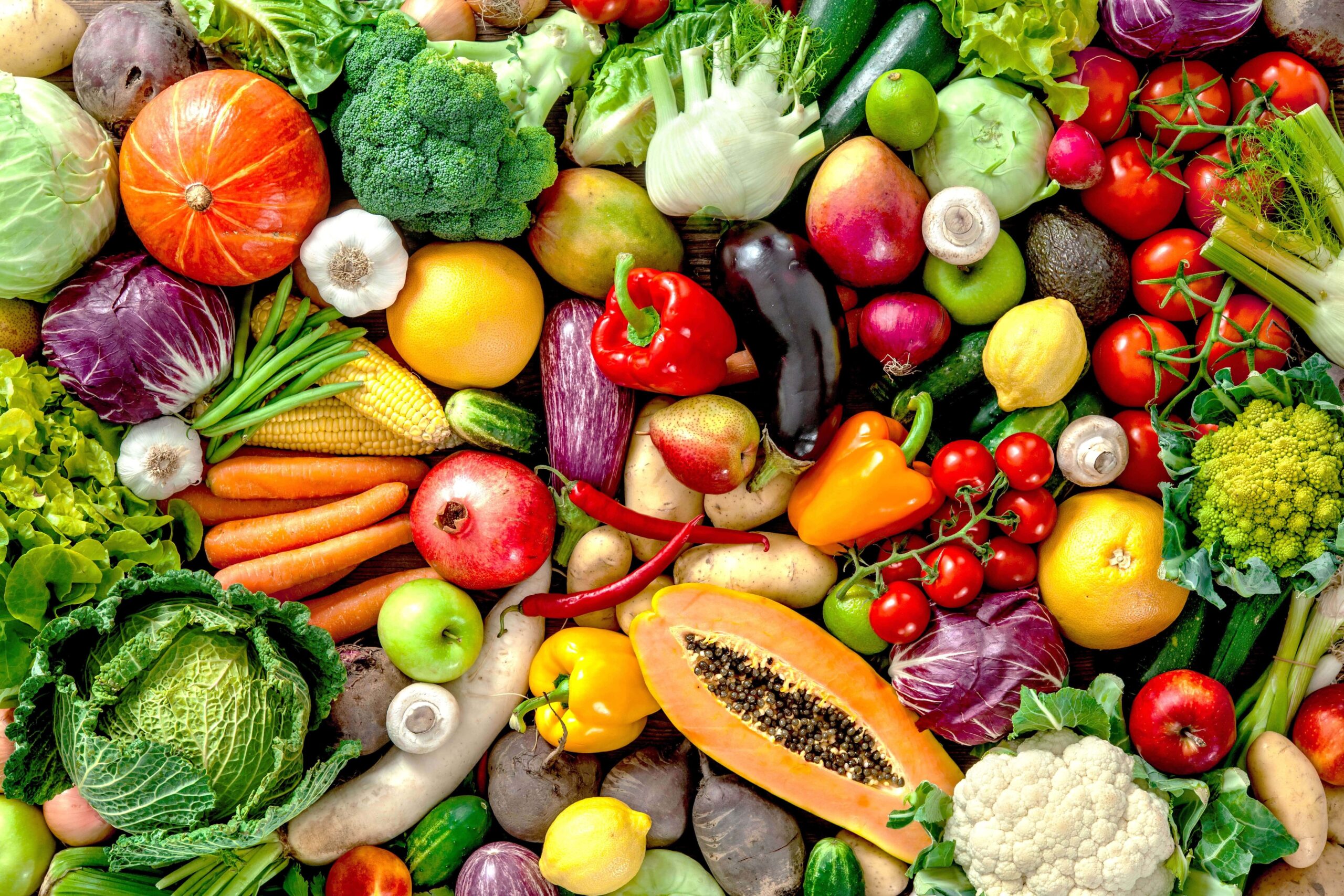
Having one chronic condition is already a matter of concern. Having two can mean needing twice the attention and care.
Hypertension and high cholesterol can be such a debilitating duo that they can damage your heart and blood vessels. If uncontrolled, these ‘silent killers’ can even cause eye and kidney complications, among others.
Fortunately, chronic diseases can be managed with awareness, early detection, and lifestyle changes!
What is hypertension?
Hypertension or high blood pressure happens when the blood against your artery walls is too forceful. Think of a garden hose – as water (blood) flows through it, pressure is exerted on the walls of the hose (arteries). Elevated water pressure for a long time eventually creates small leaks.
You are likely to be hypertensive if you:
- Are 45 years or older, more likely a man
- Have a family history of hypertension, heart disease, stroke, or kidney disease
- Are overweight with a sedentary lifestyle
What is high cholesterol?
On the other hand, high cholesterol or hyperlipidemia results in fatty deposits in your blood vessels.
Going back to the garden hose analogy, the buildup of grime (cholesterol) can further damage the water hose (arteries). More pressure is needed to push water in a now narrower and stiffer hose as the deposits increase. Similarly, blood flow is restricted due to too much cholesterol in the arteries.
People at risk for high cholesterol are mostly: aged 45 or older; a woman; with a family history of hyperlipidemia, Type 2 diabetes, or hypertension; and overweight with unhealthy habits.
Early detection and diagnosis are key.
Most patients don’t show signs of hypertension and high cholesterol early on. Symptoms may manifest only when the condition has reached a severe stage in need of emergency care:
- Nausea
- Chest pain
- Shortness of breath
- Slurred speech
- Numbness
- Extreme fatigue
To detect these ‘silent killers,’ blood pressure monitoring and lipid profile tests are recommended. Visit a healthcare facility for screenings and professional advice.
Manage your condition with ease
Alongside quality care access, lifestyle changes can help prevent or control chronic illnesses.
- Eat healthy meals. Fix your diet and avoid salty food.
- Exercise 30 minutes daily. Strength and aerobic training can do wonders.
- Break bad habits. Quit smoking and drinking alcohol.
- Get quality sleep. Less than six hours of sleep can negatively affect your health.
- Find ways to destress. Try yoga, meditation, and other relaxation techniques.
- Have regular checkups. Blood pressure and cholesterol assessment should be done at least once every five years. Those at higher risk must be tested more often, ideally annually.
- Take maintenance medication. Join wellness programs that offer medication coverage.
Beat hypertension and high cholesterol today
With proper management and a reliable healthcare partner through Maxicare, you can live your best life while managing hypertension and high cholesterol.
Get a health plan or healthcard now to have access to Maxicare Primary Care Clinics and our wide network of healthcare providers. Our wellness programs also come with screening, maintenance medication coverage, and more.












